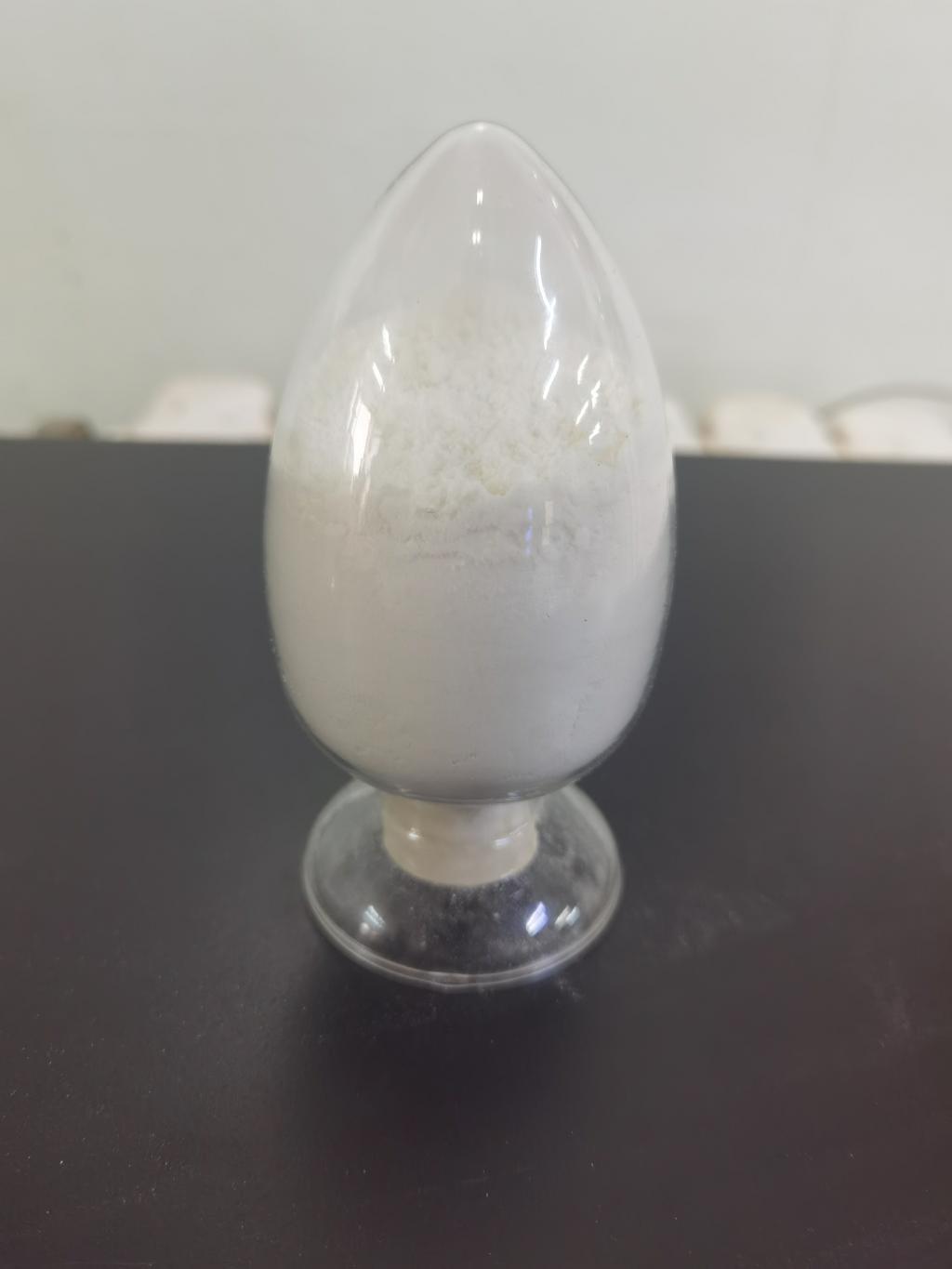Tel:+8618231198596

News
 CONTACT
CONTACT
 CONTACT
CONTACT
- Linkman:Linda Yao
- Tel: +8618231198596
- Email:linda.yao@dcpharma.cn
- Linkman:CHARLES.WANG
- Department:Overseas
- Tel: 0086 0311-85537378 0086 0311-85539701
News
ε-Polylysine hydrochloride's effectiveness against a wide spectrum.
TIME:2024-04-07
Understanding ε-Polylysine Hydrochloride:
ε-Polylysine hydrochloride is a cationic biopolymer derived from fermentation processes involving Streptomyces albulus. It consists of multiple lysine residues linked through peptide bonds, forming a linear chain structure. This antimicrobial agent exhibits potent activity against a wide range of microorganisms, including bacteria, yeasts, and molds.
Broad-Spectrum Antimicrobial Activity:
One of the defining characteristics of ε-Polylysine hydrochloride is its ability to target and inhibit the growth of diverse microbial species. It acts by disrupting microbial cell membranes, leading to leakage of cellular contents and eventual cell death. This broad-spectrum activity makes ε-Polylysine hydrochloride an invaluable tool for controlling microbial contamination in various industrial processes.
Applications in Food and Beverage Industry:
In the food and beverage industry, maintaining hygiene and preventing microbial spoilage are paramount concerns. ε-Polylysine hydrochloride finds extensive use as a preservative in a wide array of products, including dairy, meat, poultry, seafood, and beverages. It effectively inhibits the growth of spoilage organisms such as bacteria and molds, thereby extending the shelf life of perishable foods and ensuring product safety.
Role in Pharmaceutical Manufacturing:
In pharmaceutical manufacturing, ensuring product sterility and preventing microbial contamination are critical for product quality and patient safety. ε-Polylysine hydrochloride is employed as a preservative in pharmaceutical formulations, including liquid medications, ophthalmic solutions, and oral care products. Its antimicrobial properties help prevent microbial proliferation during storage and use, maintaining product efficacy and safety.
Industrial Water Treatment:
Microbial contamination of industrial water systems can lead to biofilm formation, corrosion, and fouling, posing operational challenges and compromising product quality. ε-Polylysine hydrochloride serves as an effective biocide in water treatment applications, controlling the growth of bacteria and algae in cooling towers, process water systems, and wastewater treatment plants. Its efficacy against biofilm formation helps maintain system efficiency and prolong equipment lifespan.
Textile and Cosmetics Industries:
In the textile industry, microbial contamination can lead to fabric degradation, malodor formation, and hygiene-related issues. ε-Polylysine hydrochloride is incorporated into textiles as an antimicrobial finish, inhibiting the growth of odor-causing bacteria and extending garment freshness. Similarly, in the cosmetics industry, ε-Polylysine hydrochloride is utilized in personal care products such as shampoos, soaps, and creams to prevent microbial spoilage and ensure product stability.
Environmental Considerations:
The use of ε-Polylysine hydrochloride offers environmental benefits by reducing the reliance on traditional chemical preservatives and disinfectants, which may pose risks to human health and the environment. Its biodegradability and low toxicity make it an environmentally friendly choice for industrial applications, aligning with sustainability goals and regulatory requirements.
Regulatory Approval and Safety:
ε-Polylysine hydrochloride has been approved for use as a food additive and preservative by regulatory agencies worldwide, including the U.S. Food and Drug Administration (FDA) and the European Food Safety Authority (EFSA). Extensive safety assessments have confirmed its suitability for use in food, pharmaceutical, and cosmetic applications, with no adverse effects observed at recommended concentrations.
Future Perspectives:
As the demand for effective antimicrobial solutions continues to grow, ε-Polylysine hydrochloride is poised to play an increasingly important role across diverse industrial sectors. Ongoing research and innovation efforts are focused on optimizing its efficacy, enhancing its stability, and exploring novel applications in emerging industries. Collaboration between academia, industry, and regulatory bodies will be essential to drive advancements and ensure the safe and sustainable utilization of ε-Polylysine hydrochloride.
Conclusion:
ε-Polylysine hydrochloride stands out as a preferred antimicrobial solution in diverse industrial settings, owing to its broad-spectrum activity, versatility, and safety profile. From food and beverage production to pharmaceutical manufacturing and beyond, its effectiveness against a wide spectrum of microorganisms makes it an indispensable tool for ensuring product quality, safety, and environmental sustainability. By harnessing the potency of ε-Polylysine hydrochloride, industries can mitigate microbial risks, enhance operational efficiency, and uphold rigorous quality standards across their operations.
- Tel:+8618231198596
- Whatsapp:18231198596
- Chat With Skype







